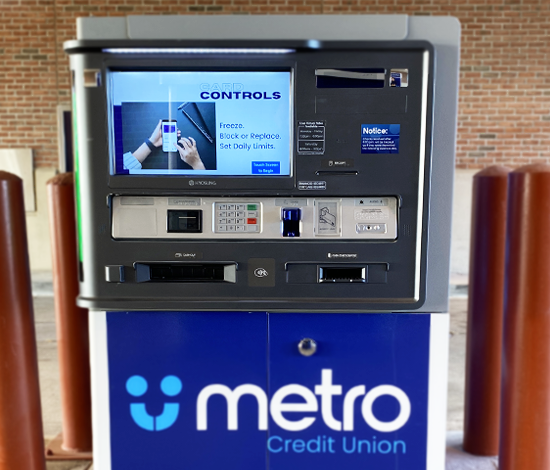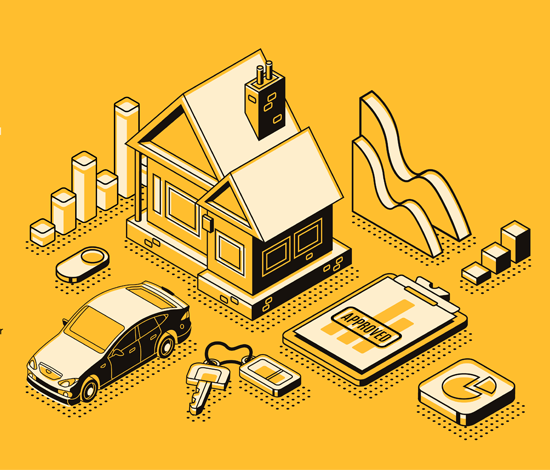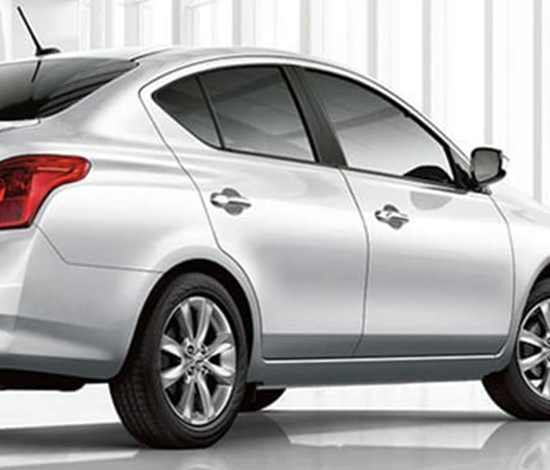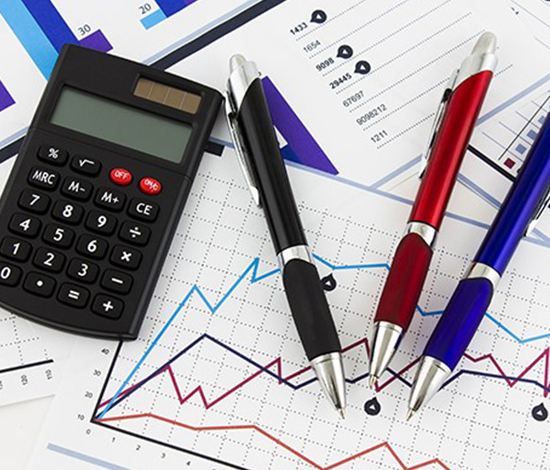Jun 23, 2025
EARLY AUTO LOAN PAYOFF: PROS, CONS, AND STRATEGIES
<p>If you have extra money in your budget, you might be wondering if it’s a good idea to pay off your auto loan early. While doing so can reduce the amount of interest you pay and free up room in your monthly budget, it’s important to carefully weigh the potential benefits and downsides before deciding.</p><p>If you’re considering it, here are the pros, cons, and smart strategies to help you decide whether an early payoff aligns with your financial goals.</p><img alt="" src="/images/default-source/news-images/6-2025-early-auto-payoff-blog-graphic.png?sfvrsn=3d50836f_1" sf-size="100" /><h3>THE PROS: WHY EARLY PAYOFF MIGHT BE A GOOD CHOICE</h3><h4>Save on interest:</h4><p style="margin-left:30px;">The longer you take to pay off your car, the more you’ll pay in interest. Paying it off early can reduce the total cost of the loan, especially if you got a higher interest rate when you bought the car.</p><h4>Free up your monthly budget:</h4><p style="margin-left:30px;">Once the loan is paid off, so is that monthly car payment. You can redirect that extra money toward other financial goals, like building an emergency fund or paying down other debts.</p><h4>Gain full ownership sooner:</h4><p style="margin-left:30px;">Until your auto loan is fully paid off, the lender technically owns the vehicle and holds the title. By paying off your loan early, you gain full ownership sooner and receive the title in your name.</p><h4>Avoid owing more than your car is worth: </h4><p style="margin-left:30px;">Another important factor to consider is the risk of becoming upside down on your car loan—owing more than the vehicle is worth. This happens when a car depreciates faster than the loan balance decreases, often due to long loan terms, low down payments, or inflated prices. For example, if your car is worth $17,000 but you owe $20,000, you're upside down. Paying off your loan early helps build equity faster and reduces this risk.</p><h3>THE CONS: WHY EARLY PAYOFF ISN’T ALWAYS THE BEST OPTION</h3><h4>Prepayment penalties:</h4><p style="margin-left:30px;">Some lenders may charge a fee if you pay off a loan early. Check your loan terms and conditions. If there's a prepayment penalty it could cancel out the savings on interest. <strong>At Metro, we don’t charge prepayment penalties, so you can pay off your loan whenever you're ready, without worrying about additional fees.</strong></p><h4>Temporarily lower your credit score:</h4><p style="margin-left:30px;">Paying off your auto loan early can slightly lower your credit score, but the impact is usually minor and temporary. This happens because it ends a positive payment history and reduces your credit mix. Additionally, paying off early can limit the full credit building potential of the loan, as it will only report for the months the loan is active, rather than the full term. However, if you manage other credit accounts well and keep your overall debt low, your score should recover and may even improve over time.</p><p style="margin-left:30px;">To help you stay informed about your credit, we update your FICO® Score quarterly in <a target="_blank" href="/services/online-banking">online banking</a> under the Tools section. If you want to understand how credit scores work and learn strategies to improve yours, check out our <a target="_blank" href="/resources/blog/metro-blog/2024/09/03/credit-scores-whats-good-average-and-bad">recent blog</a>.</p><h3>STRATEGIES FOR PAYING OFF YOUR AUTO LOAN EARLY</h3><p>If you’ve weighed the pros and cons of paying off a car loan early and decided it’s the best choice for you, here are some strategies to consider: </p><h4>Round up your payments: </h4><p style="margin-left:30px;">If your payment is $285 a month, try rounding it up to $300 or $315. That small extra amount adds up over time.</p><h4>Make biweekly payments:</h4><p style="margin-left:30px;">Instead of paying monthly, split your monthly auto payment in half and pay that amount every two weeks. Since there are 52 weeks in a year, this method results in 26 half-payments which equals 13 full payments instead of 12. This one extra payment each year can reduce the total interest paid and shorten your loan term, often by several years. </p><h4>Make a lump sum payment:</h4><p style="margin-left:30px;">If you can afford it, paying off your auto loan in full or making a substantial partial payment reduces your interest over time. Always confirm the accurate payoff amount with your lender, including the balance, interest, and fees. When making a partial payment, specify that the extra amount goes toward the principal.</p><h4>Refinance your current loan:</h4><p style="margin-left:30px;"><a target="_blank" href="/loans/auto-loans">Refinancing</a> your auto loan can be a smart strategy if your credit has improved, or interest rates have dropped since you took out your original loan. You might also consider refinancing to a shorter loan term, which can help you become debt-free sooner and pay less overall. Just be sure to review any fees or terms associated with refinancing to ensure the total cost still benefits you.</p><h3>IS PAYING OFF YOUR AUTO LOAN EARLY THE BEST OPTION FOR YOU?</h3><p>Paying off a car loan early is appealing for many reasons, but it’s not always the best financial move for everyone. Consider your overall financial goals, loan terms, and weigh the pros and cons. Think about how else you might use that money, and determine which payoff option works best for you. <a target="_blank" href="/about-us/contact-us">Contact us</a> today or visit your nearest branch, and we’ll help you explore your options.</p><div><br /></div>
Paying off your auto loan early can reduce the amount of interest you pay and free up room in your budget. This blog weighs the pros and cons of doing so and provides strategies to help you decide whether an early payoff aligns with your financial goals.
Read Article about EARLY AUTO LOAN PAYOFF: PROS, CONS, AND STRATEGIES


















































































